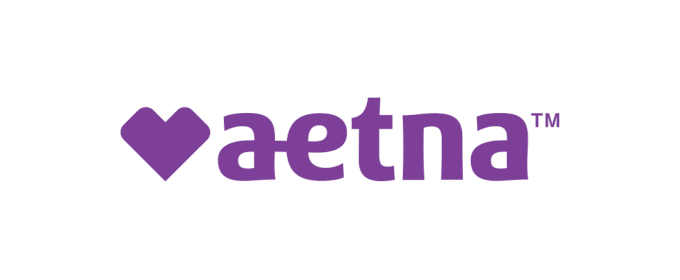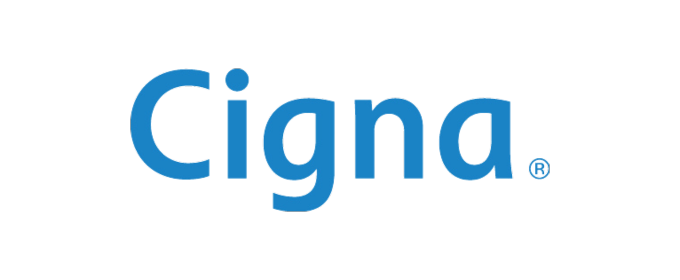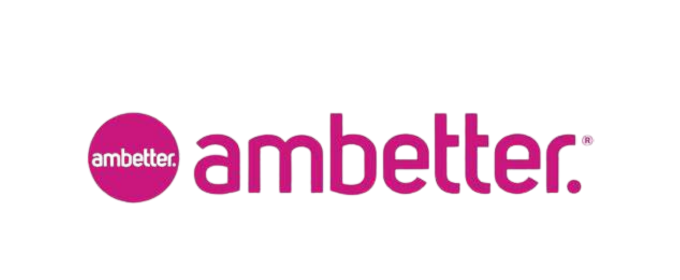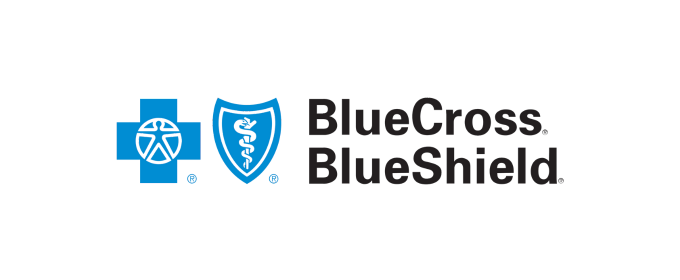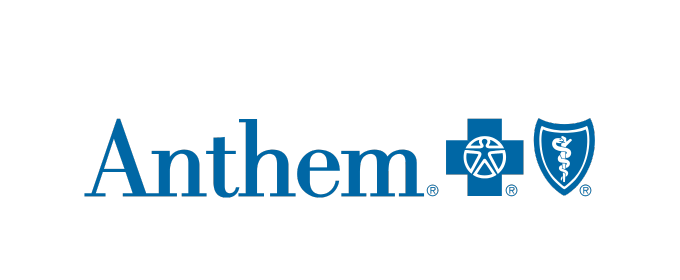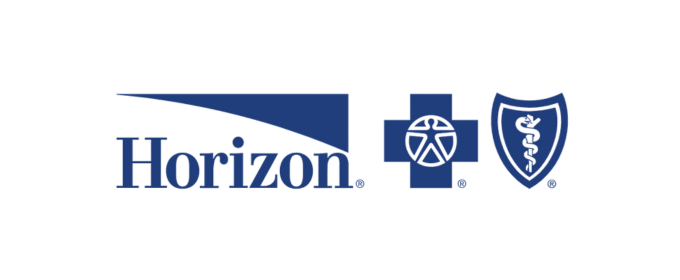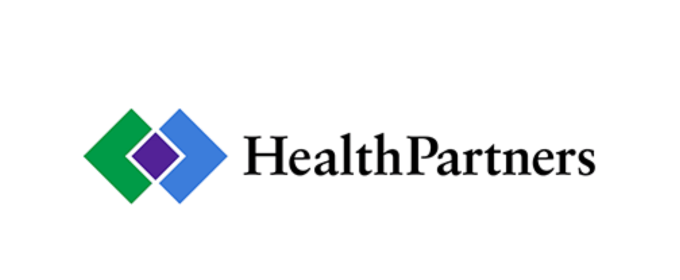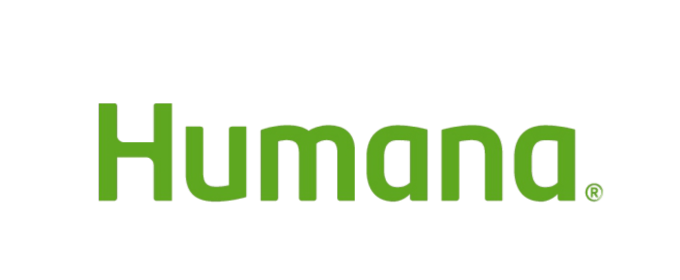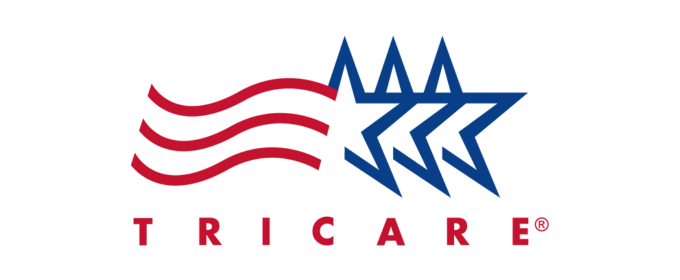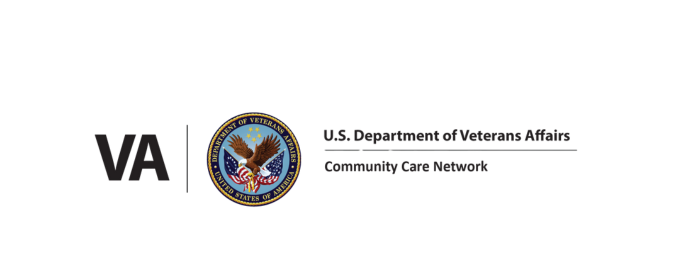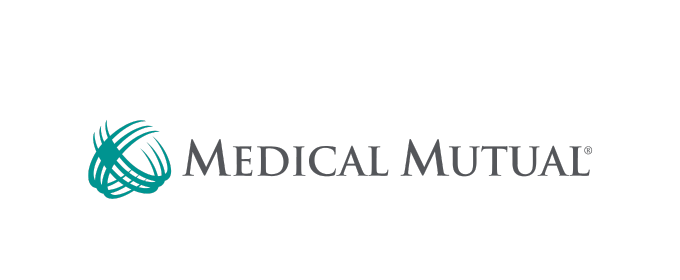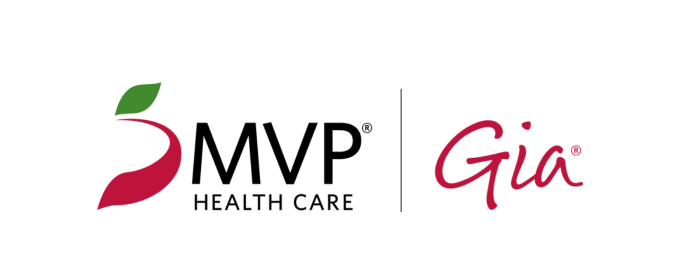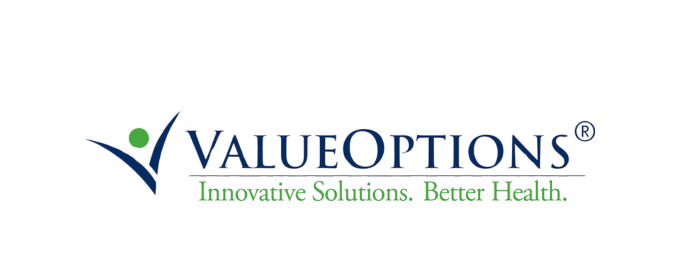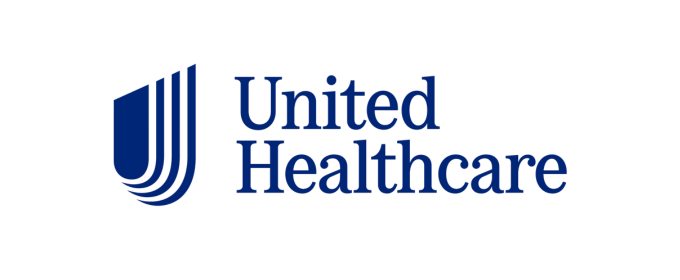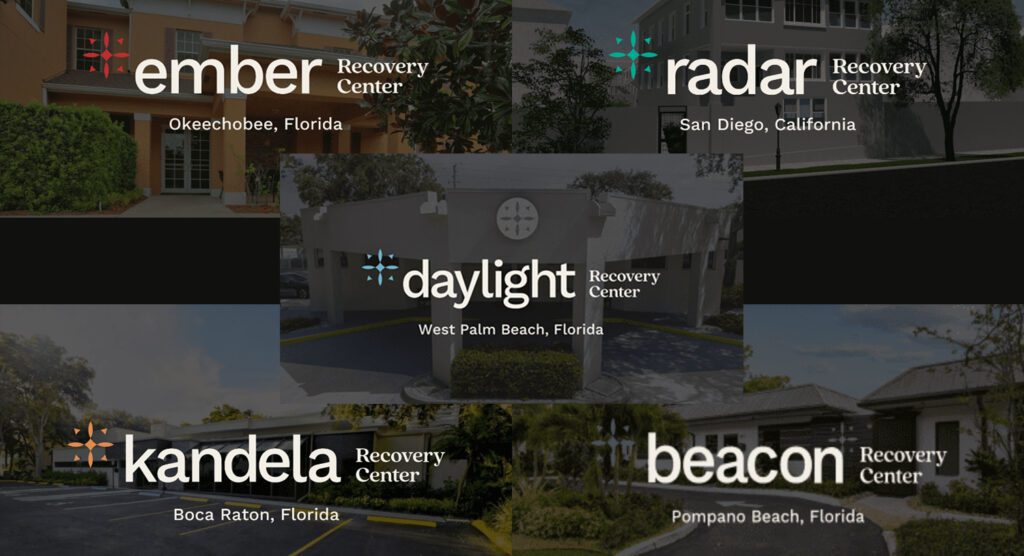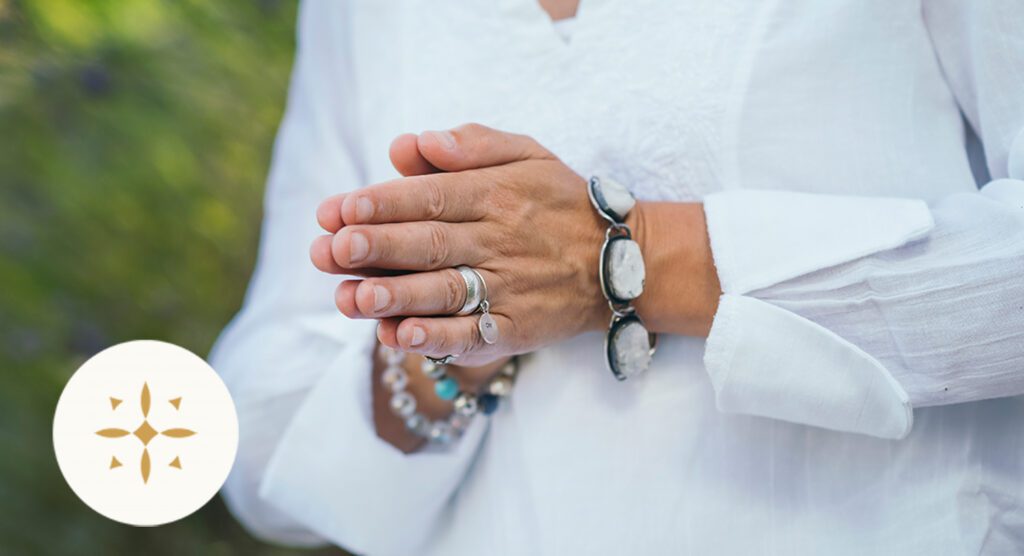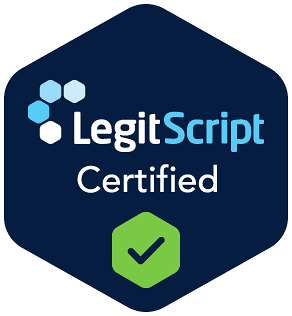Levels Of Care
Home » Levels Of Care
Levels Of Care
Medically monitored detox
Residential addiction treatment
Spiritual program
Intensive inpatient program
Stabilization
program
Alumni support
program
Medically Monitored Detox
Medical detox is the most medically intensive level of care. This is the process of removing all drugs, alcohol and other chemicals from the body. Many people who are addicted to drugs or alcohol think that detox is a simple process. Something that can be from home. The truth is that attempting to detox from home is extremely unsafe. Those undergoing detox will likely experience withdrawal symptoms. Withdrawal symptoms vary depending on a variety of factors. For example, those who are addicted to alcohol or benzodiazepines are at risk for seizures.
Medical detox allows people to safely and comfortably detox from drugs and alcohol under the 24-hour supervision of licensed medical professionals. Should a patient experience any undesirable withdrawal symptoms, our compassionate medical team will be there to provide comfort. Some patients receive medications to alleviate any temporary discomfort during the medical detox process. It’s important to remember there is no specific time frame to complete medical detox. Just like withdrawal symptoms can vary, so can the time it takes for all drugs and alcohol to exit the body.
Residential Addiction Treatment
This is the time for patients to focus 100 percent of their energy on themselves and their recovery. Patients continue to receive 24-hour medical supervision and receive customized treatment plans tailored for each patient’s specific needs. Our state-of-the-art 30-bed treatment center provides a quiet, safe and relaxing environment designed to help you be successful in your treatment. With one of the industry’s highest staff to patient ratios, you’ll receive ample one-on-one attention to help you along your journey towards sobriety.
Our highly structured treatment programs include a combination of Cognitive Behavioral Therapy (CBT) with motivational incentives. CBT includes private and group therapy sessions, counseling, coping tools and relapse prevention. Motivational incentives include science-based, integrative services such as massage therapy, meditation, chiropractic, auriculotherapy and nutrition education.
Patients enjoy having all the amenities of home, plus some added bonuses. Each bed has its own dedicated flat screen television. All meals are made from scratch by our on-site culinary Chef. Should you have any dietary restrictions, simply let our kind and compassionate team know, and we’ll prepare a meal specifically for you! During downtime, patients enjoy gathering in our recreational room filled with games, books, exercise equipment and a 450-gallon saltwater aquarium. If gaming is more your style, we have a dedicated game room equipped with a 65” ultra-high definition flat screen TV and Xbox. If you’re in need of some Florida sunshine, simply step outside where you’ll find a patio area with plenty of seating. There’s truly something for everyone at Flyland.
Spiritual Program
After a patient completes residential treatment, he/she will likely transition to a Partial Hospitalization Program (PHP). Often described as a middle ground between residential and outpatient treatment, PHP is the ideal program for those wishing to begin the transition to living independently without sacrificing the level and intensity of their addiction treatment. This program is designed to help patients overcome hurdles and triggers that have fed their addiction. Patients continue attending structured programs, like in residential treatment, yet go home in the evening.
Intensive Inpatient Program
Intensive Outpatient Programs (IOPs) are treatment programs designed to address addictions, eating disorders, self-harm and other dependencies that do not require medical detox. Patients suffering from Substance Use Disorders (SUDs) and other addictions have found this level of care helpful on their road to recovery. Many patients are unable to enter residential treatment due to family or work commitments. IOPs enable patients to continue with their day-to-day lives, while receiving treatment for their addiction. IOPs will vary depending on the facility you choose. Patients should expect to dedicate 10-12 hours per week for this level of treatment. It’s important that the patient has a stable living environment free of any drugs, alcohol or other triggers that can set back his/her recovery. Those with severe cases of addiction, or co-occurring disorders, are best suited for residential level of care for their safety.
Stabilization Program
Completing a drug or alcohol residential rehabilitation program is a major accomplishment, but the work doesn’t stop there. Those who have suffered from addiction are at risk for relapse after successfully completing a rehab program. This is because addiction is a chronic disease, meaning it cannot be cured. A structured aftercare plan after completing your rehab program should be in place for this reason. Examples of aftercare services for those recovering from an alcohol or drug addiction include:
- Individual, family and partner/spouse counseling
- Group therapy and family therapy
- Educational programs focusing on the nature of addiction and mental illness
- 12-step programs such as AA and NA
Alumni Support Program
Residing in a sober living home is an excellent option for those transitioning back into the community after receiving treatment for drug or alcohol addiction. This gives those in recovery the opportunity to live with others who are also in recovery. Sober living homes provide a safe environment free of drugs and alcohol. Individuals can return to work and their normal day-to-day routines. Everyone residing in a sober living home must abide by the house rules.
Get confidential help 24/7.
If you or a loved one are suffering with drug abuse or alcohol addiction, reach out to Flyland Recovery Network for addiction help.
We accept most insurance plans
Our admissions coordinators can answer all of your questions. Call for a confidential assessment and insurance verification.











